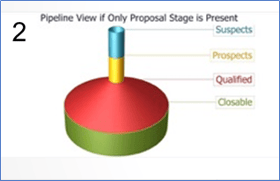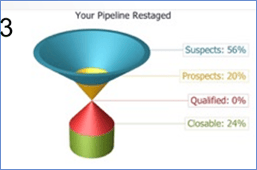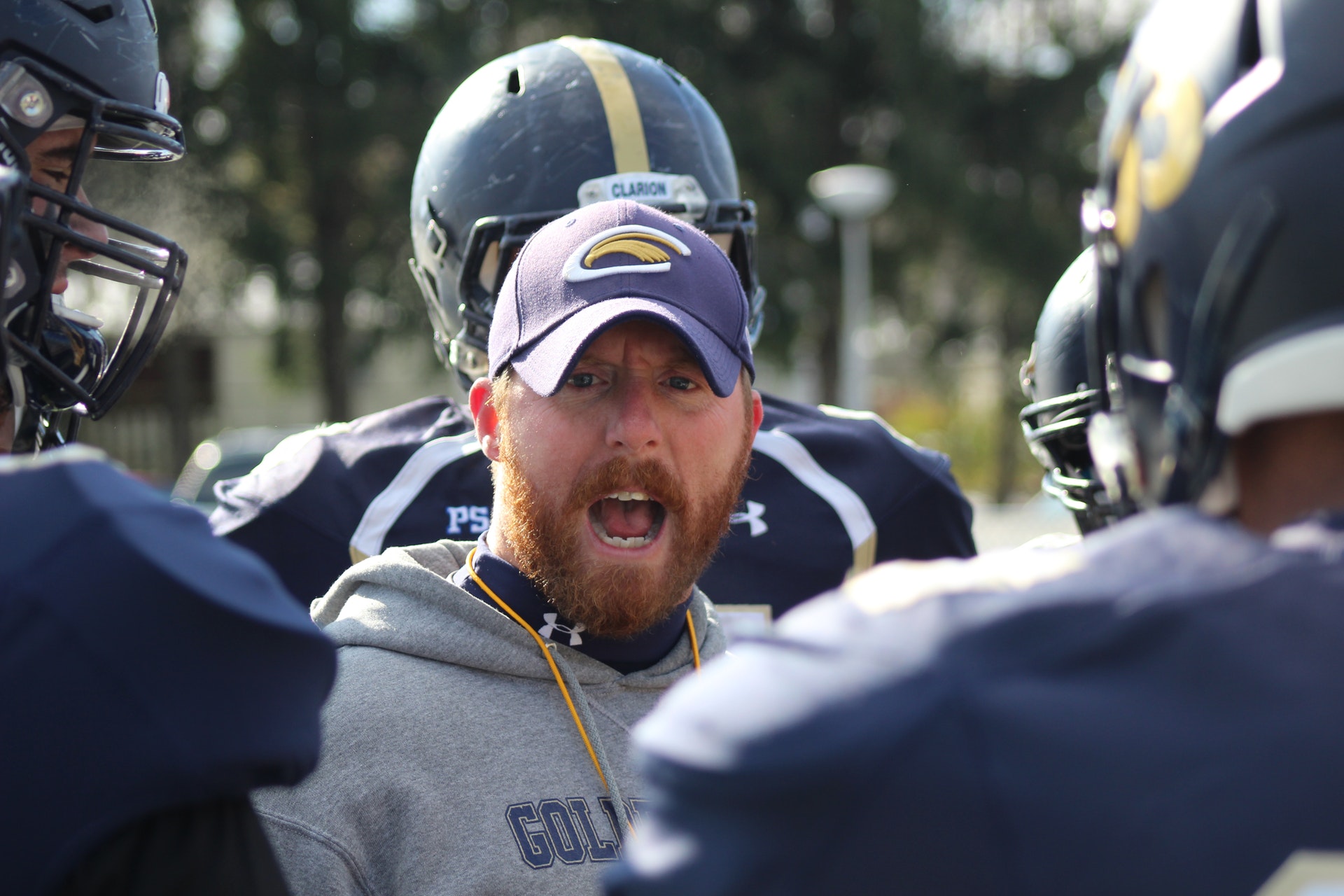Recruiting new sales talent and hiring better salespeople are complicated and time-consuming processes. Especially, when you're not prepared to fill a vacancy, don't have a pipeline of candidates, or have an idea of what "better" means for your business.
In this article, Tony Cole discusses what to start doing and what to stop doing to upgrade your sales force and increase sales starting today!

What are the keys to hiring better salespeople?
In our weekly huddle today, Jack Kasel shared a parable about a woman who asked the pastor at a revival meeting to pray that the cobwebs in her life be removed. She appeared a second night and a third night with the same request. The pastor granted her wish the first two nights, and prayed that the cobwebs in her life be removed. When she appeared the 3rd time at the revival with the same request, the Pastor stopped her mid-request because he realized he had been asking God for the wrong thing.
The Pastor instead prayed; "Father, we do not ask you tonight to clean the cobwebs from Ms. Rameriez’ life. In fact, Lord, keep them there for now. But tonight, we ask for something much greater. Tonight, we ask that you kill the spiders in Ms. Ramirez’s life."
What does killing spiders have to do with recruiting and hiring better salespeople? Well, indirectly nothing, but metaphorically speaking, it has a lot to do with hiring better salespeople.
Here are 10 things to "Start doing" and 3 things to "Stop doing" when it comes to recruiting and attempting to hire better salespeople:
Start Doing:
- Create a profile of a salesperson that describes exactly what success they need to achieve. This will work more effectively than writing a job description and posting it to a job site, or telling your network that you're looking for a "great salesperson".
- Use a pre-hire assessment in the 2nd step of your hiring process. Before you have a phone or face-to-face interview, assess EVERY candidate with a sales specific assessment that can match sales experience with your specific sales success requirements.
- Interview only those that have be recommended for hire as THE salesperson you are looking for.
- Create an interview process that mimics the sales process. If they have to be great on the phone, then interview them on the phone before you meet, and give them the same amount of time to impress you that they would get with a prospect. If they can’t impress the hell out of you in 3 minutes, they won’t impress a prospect either.
- In your first face-to-face interview, make them do the "hard stuff". Such as:
- Make them establish bonding and rapport.
- Make them ask you questions about what it takes to be successful, what do the top salespeople do in your organization and what do they have to tell you to make sure they make it to the next step.
- Schedule only 30 minutes but make sure there is an extra 30 minutes for an interview with another person in your office. I promise you that you will know if you should proceed after 30 minutes.
- Make sure that when you are ready to make an offer, they are ready to decide. Inform them of that process so they are prepared to tell you "yes" or "no". Your offer should meet their expectations, you must be able to answer all of their questions and you must know what you are willing to negotiate to get the person you want to hire. DO NOT let them use your offer to get a better deal.
- Onboard them so that they clearly understand what it takes to be successful and what is expected of them in the first 90 days. Make sure they understand that there are no excuses accepted for lack of compliance to training, onboarding and any sales activity required. Additionally, you must be able to answer all the questions on this list.
Stop Doing:
- Using behavioral and/or personality tests to determine if someone can sell. Stop using cold calling assessments to make your hiring decisions. Stop thinking that you have to sell the position early on to get a candidate interested in you. (If they respond to a call, an email, a job post then they have already taken the first step TOWARDS you).
- Stop thinking that the decision is about money. In today’s working world, it’s about providing an opportunity that can be transformational. Money will only get you people that will leave you for more money.
- Only recruiting when you need someone. Being reactive is a horrible position to be in. You are held hostage and being held hostage will force you to make hiring mistakes.
So what does this have to do with spiders? The Pastor was attempting to make the point that we cannot (when it comes to recruiting), deal with symptoms; we must deal with the root causes. We can try and train people longer, we can try and work on the compensation model, we can implement and execute PIP programs. In the end, the right end of the problem is dealing with the spider.
Start with the right person and the cobwebs go away.











